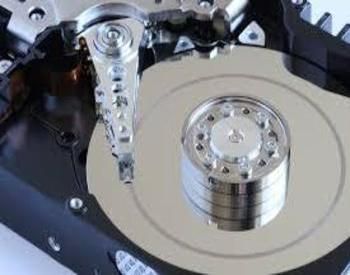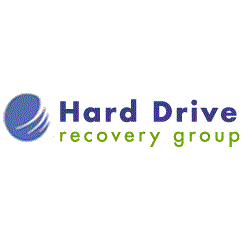|
Your computer won’t always be brand new. You may have bought it shiny and sparkling new but it wears out the longer you use it. Even if you don’t use it that often every day, it still stores files and grow old every day the same way you do. And as such, it is inevitable that you face technical problems along the way. The problems are usually simple and easy to fix. A quick restart or shutdown of your device or a restart of the modem will usually do the job. However, some problems persist and can cause more headaches than you want it to be. It is even more infuriating if the problem lies on your hard drive because you can expect it to cost you more money than you’d like to spend on, actually.
(Via: https://www.pcmag.com/feature/360684/how-to-check-your-hard-drive-s-health) Now that you already know the warning signs, it is about time you get the problem diagnosed, preferably, by an expert in the field. Your device must be checked from within to find out the root cause of the problem. You can’t just tell it from face value. Of course, it makes perfect sense to check your computer for a possible malware or virus infection before deciding right away that it is a hard drive malfunction. One of the best ways to do this is to check for the S.M.A.R.T. status of your computer as mentioned in the above post since it is really helpful in detecting potential hard drive failures.
(Via: https://www.howtogeek.com/341268/what-to-do-when-your-hard-drive-fails/) A SMART check is effective but it has its flaws. Of course, by now you have already tried troubleshooting for the problem but it is still there. If the problem is tearing you apart and prevents you from accomplishing important tasks, it is about time you turn it over to an expert for a third-party analysis and most likely it will stay there if a problem is detected for repair and possible replacement of malfunctioning parts. A failing hard drive can still be prevented, so make it a habit to do routine checks on your system to prevent costly repairs and replacements especially if the problem can still be prevented. If you do encounter problems like these, https://www.harddriverecovery.org/errors/disk_read_error.html, getting help from https://www.harddriverecovery.org/repair-hard-drive.html makes the most sense and a practical one too because of their reasonable charges for most hard drive recovery services they offer. The post What Leads To Hard Drive Problems? was first published on http://www.harddriverecovery.org via https://www.harddriverecovery.org/blog/what-leads-to-hard-drive-problems/
0 Comments
Leave a Reply. |
About usAffordably priced Irvine, CA area data recovery services provider. Specializing in Macs, Dell, HP and IBM RAID recovery and damaged hard drive recovery services. Also offers Mac and laptop data recovery, as well as all forms of physical and logical data recovery. Archives
November 2019
Categories |


 RSS Feed
RSS Feed
